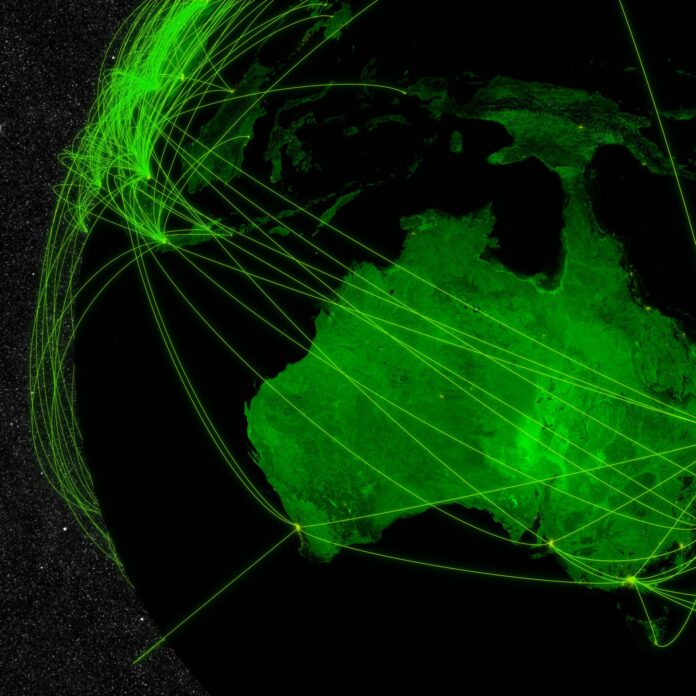Local authorities said LoRaWAN technology will enable the implementation of use cases, including digital water metering and waste management
NNNCo, the Australian firm building a national narrowband network in Australia for the internet of things, has signed a contract with the city of Gold Coast to build and operate a commercial low-power wide-area network, using LoRaWAN technology.
The company said that the new network, which will be an extension of its existing network coverage, will enable diversified IoT applications throughout the Gold Coast local government area.
According to NNNCo, the contract with Australia’s second largest council represents a significant win for the company and continues its growing network coverage across the eastern region of Australia.
Gold Coast mayor Tom Tate said the rollout of the network reinforced the City’s commitment to creating a strong digital economy and supporting innovation.
“We are maximising legacy opportunities from the Gold Coast 2018 Commonwealth Games and continuing to develop the infrastructure needed to take the city into the next decade and beyond,” Tate said. “Building the digital infrastructure will enable us to use real-time data to deliver services and provide information to the public that will improve quality of life, sustainability and business opportunities for the city in many years to come.”
Ian Hatton, chief innovation and economy officer at the city of Gold Coast, said investing in this new network infrastructure across the Gold Coast was a key step in the city’s Digital City Program.
“We’re developing a secure, scalable, commercial-grade IoT network that will enable infinite use cases by businesses, enterprise and the council,” he said. “We chose LoRaWAN technology because it supports large-scale deployments securely, reliably and cost effectively. NNNCo have been engaged because of their proven ability to build the network and bring commercial solutions that have the potential to significantly add value to Gold Coast residents and businesses.”
City authorities said they have immediate plans to use the network for use cases including digital water metering, waste management and community infrastructure such as parks and sporting fields.
“Digitizing our water management will deliver important benefits including lowering costs, early problem detection and ultimately, reducing pressure on our water supplies,” Hatton said. “The city manages more than 170,000 water meters and our intent is to have all of them running over the network in the future.”
The Gold Coast region is also active in terms of early 5G deployments. Australian mobile operator Telstra has recently announced the activation of its 5G network in selected areas on the Gold Coast.
Telstra CEO Andrew Penn said this was just the beginning of Telstra’s roll out of 5G technology, with more than 200 5G-capable sites planned to be live around the country by the end of 2018.
Telstra’s 5G network in the Gold Coast uses Ericsson’s Baseband 6630, AIR 6488, and 4G/5G system software, a 5G platform provided by Intel as well as spectrum in the 3.5GHz and 2100MHz bands.

